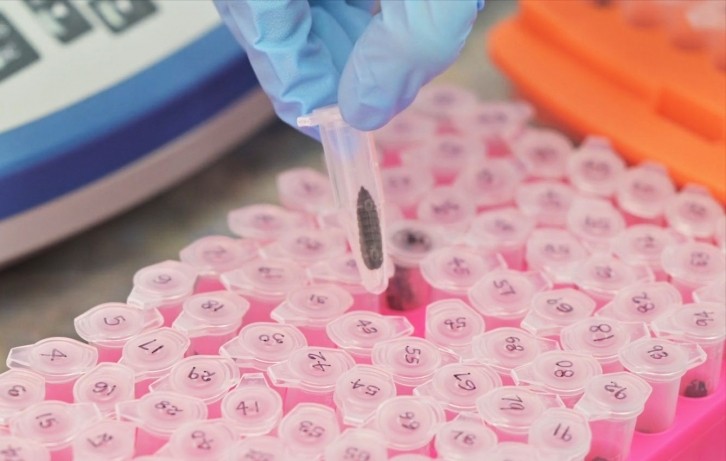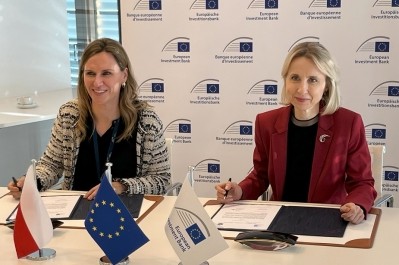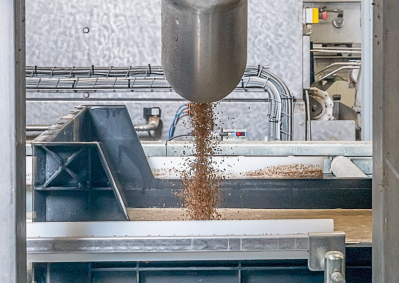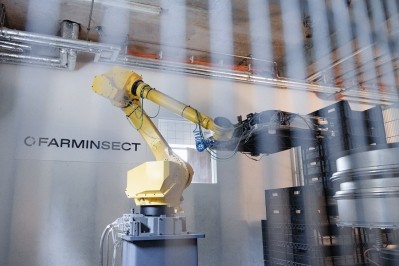Insect protein: Bühler teams ups with BSF genetics specialist

The alliance will result in the integration of production equipment and tailor made high-performing BSF strains into a package that ensures cost-effective industrial scale production from the start, according to the two entities.
The main challenge the industry faces right now is how to reduce production costs in order to make Black Solider Fly (BSF) derived meals more commercially viable for various applications, noted Andreas Baumann, head of market segment, insect technology, Bühler.
“Combining tailored insect strains with advanced industrial technology will bring a step change in the production of insects. The overall solution will result in a high yield of superior products while ensuring an efficient use of raw materials, land, water, and energy. This makes the investment in insect production more attractive as it gives owners a crucial competitive advantage in the marketplace,” he added.
During the past 10 years, Bühler, a Swiss plant equipment manufacturer, has been developing its capabilities in the insect protein industry and has already completed a number of relevant projects in the field. In 2019, it supported Protix in the realization of the world’s first commercial BSF facility in the Netherlands and this year saw it make Agronutris' first industrial BSF production plant a reality - that unit is located in France.
Dr Gil Ronen, NRGene’s CEO and founder, said that to realize BSF's immense potential as an alternative sustainable protein source used for feed, it is essential to amalgamate the expertise of various disciplines into this new industry, from genetics to engineering.
NRGene has implemented its AI genomics technology in over 300 projects for ag-tech and food-tech companies across the globe. Aware of the potential of the growing BSF industry, it said it decided to develop a novel BSF genetics platform, through its Canadian wholly owned subsidiary, with the goal of providing its customers with elite BSF varieties, tailored to their specific cultivation conditions and feed.
NRGene is also planning to establish a North American Insect Center at its Canadian subsidiary in Saskatchewan. Bühler will equip the Insect Center with insect growth chambers with controlled environments and sensors that can simulate industrial conditions and provide process insights. The Center will serve as a testing and demonstration facility for both companies' customers, enabling them to evaluate the performance of BSF strains, along with operational parameters, and practices, to ensure efficient industrial scale insect production.
Specialization trend
Change is underway in the insect protein industry, as the supply chain evolves into a model based on specialization and collaboration, according to Dr Yuval Gilad, CEO and co-founder at Israeli agritech firm FreezeM.
“First generation insect protein companies were vertically integrated for the entire supply chain, doing everything from breeding to waste management, rearing and processing. Now we are seeing the industry becoming more similar to established agricultural or animal protein industries where supply chains are made up of specialists in different fields, as each link of the chain requires unique expertise and knowledge,” he remarked when speaking to this publication last month.
The reason for this shift is that companies are recognizing this approach is not scalable, he said.
“It is too expensive and too complex to build large scale insect factories where one company does everything. It may have been feasible when costs were lower and funding was more easily accessible a few years ago but in the current climate, if the industry is to scale up production, and become profitable, it needs to become efficient and create value - fast.”
Collaboration and openness key
And that, Dr Gilad explained, involves companies focusing on their unique strengths and collaborating with others in the supply chain.
“The first generation of companies used to keep everything secret - they wouldn’t even share the size of the trays they were using to grow the larvae. Now, companies are sharing, they are collaborating, they are inviting others to visit their facilities and take on the challenges together.”
















